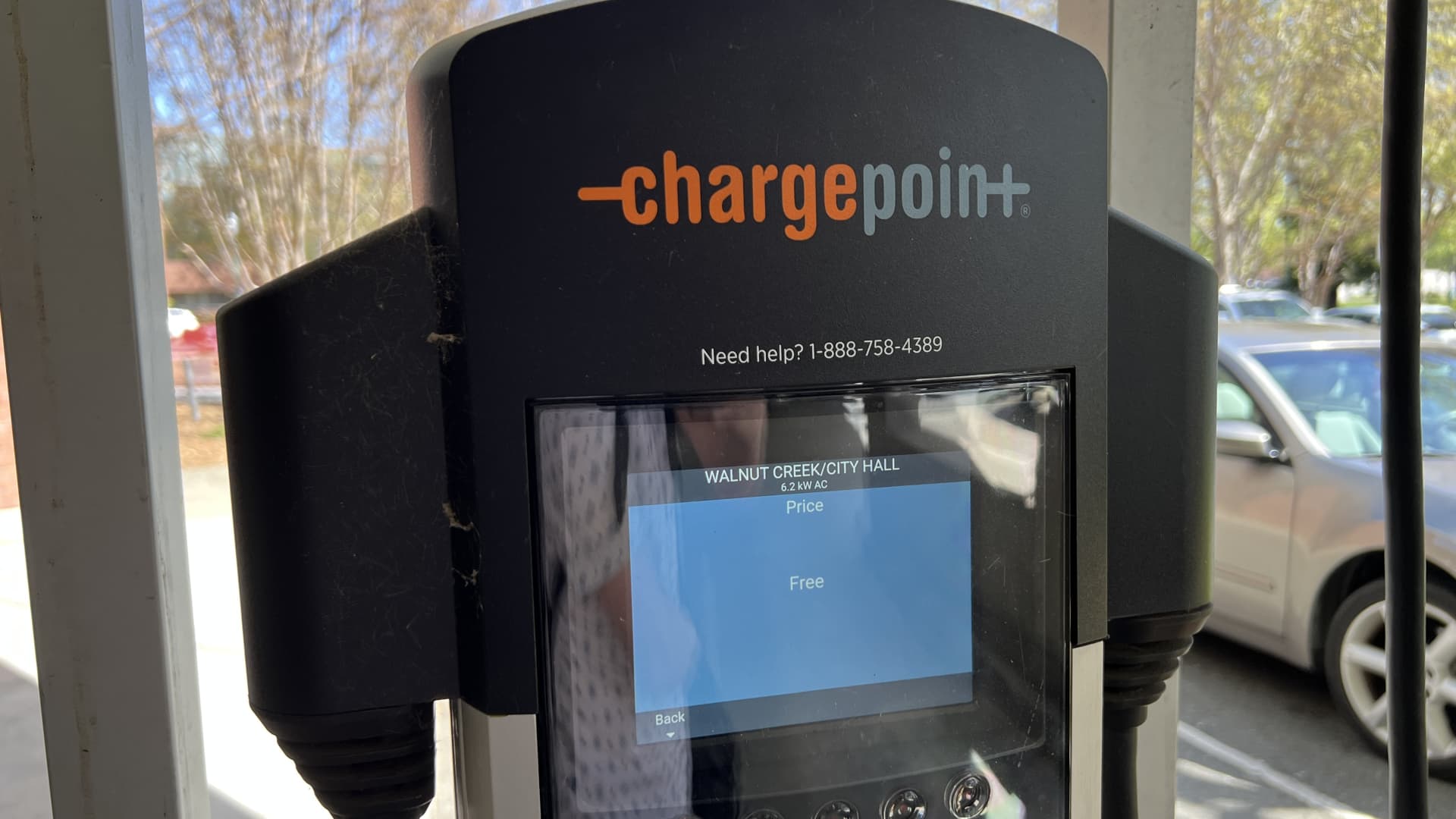US Markets
Wednesday, December 6th, 2023 3:34 pm EDT
Key Points
- Sales Outlook Uncertainty: CEO Doug McMillon acknowledges the difficulty in predicting post-holiday sales for Walmart, citing concerns about higher credit card balances and shrinking household bank accounts. Despite consumer resilience surpassing expectations this year, uncertainties arise regarding future spending patterns.
- Deflation Impact on Prices: Deflation, particularly in the general merchandise category encompassing electronics, toys, and non-food items, is highlighted by McMillon. Prices in this category have dropped by approximately 5% compared to the previous year. Walmart’s strategic response includes offering 25 toy items under $25 for the holiday season, showcasing the impact of deflation on pricing dynamics.
- Walmart’s Unique Positioning and Projections: Walmart stands out in the retail landscape due to its large grocery business and low-price reputation, contributing to revenue and stock price resilience during a period of weakened retail sales. Unlike some competitors such as Target and Macy’s, Walmart projects sales growth, expecting consolidated net sales to rise by 5% to 5.5%. Despite the challenges posed by deflation, Walmart’s CEO expresses confidence in the company’s ability to drive growth in the lower price environment, emphasizing a preference for lower prices over higher ones. The company’s shares have climbed nearly 10% by Tuesday’s close, reaching an all-time high in mid-November.
Walmart’s CEO, Doug McMillon, acknowledges the unpredictability of post-holiday season sales as shoppers gravitate towards the retail giant for groceries and gifts. Despite an initial expectation of reduced consumer spending due to higher credit card balances and diminishing household bank accounts, McMillon notes the surprising resilience exhibited by consumers this year.
In an interview with CNBC’s Sara Eisen on “Squawk on the Street,” McMillon reflects on the contrasting dynamics in various product categories. Deflation, particularly in general merchandise encompassing electronics, toys, and non-food items, has led to a 5% drop in prices compared to the previous year. For the holiday season, Walmart boasts 25 toy items priced under $25, emphasizing the affordability of its offerings, such as a Hot Wheels car for $1.18.
While the prices of food categories remain relatively stable compared to a year ago, the variability in fresh foods is acknowledged. McMillon observes a rebound in the volume of non-food sales, attributing part of this recovery to the back-to-school season. The CEO expresses anticipation regarding the future of general merchandise categories, given the significant reduction in prices, making it intriguing to observe consumer behavior.
Walmart’s performance in the retail landscape stands out over the past year, thanks to its expansive grocery business and reputation for low prices. This positioning has bolstered its revenue and stock price even as other retailers faced challenges amidst weakened retail sales. Walmart’s shares rose nearly 10% by Tuesday’s close, reaching an all-time high in mid-November.
In contrast to some competitors like Target and Macy’s, which provided lower-than-expected forecasts, Walmart presented a more optimistic outlook in November. While acknowledging the challenge of deflation and the need to sell more items when prices fall, McMillon expresses confidence in Walmart’s ability to drive growth in this environment. Despite the potential difficulties posed by deflation, McMillon emphasizes a preference for lower prices over higher ones, acknowledging the positive impact on consumers’ budgets. The company’s projections for the fiscal year include an anticipated 5% to 5.5% rise in consolidated net sales and an adjusted earnings per share ranging from $6.40 to $6.48.
For the full original article on CNBC, please click here: https://www.cnbc.com/2023/12/06/walmart-ceo-doug-mcmillon-talks-about-deflation.html




